Spin doctors, communicators, lobbyists, men of the shadows... there's no shortage of terms to describe those whose job it is to help their clients, whether public or corporate, persuade public opinion. But the masters of influence Ive Lee, Edward Bernays and George Creel would probably have found it hard to imagine that NGOs themselves would one day resort to "spin" and "com plans". And yet...
The use of spin doctors doctors indispensable indispensable?
Although non-governmental organizations have been around since the 19th century - theAmericanAnti-Slavery Society was founded in 1830 - it's only recently that the "NGO phenomenon" has taken center stage in public debate, in parallel with the digitalization of society and public debate: Generously funded by their members as well as by governments, listened to in Washington as well as in Brussels, very present on TV and on networks, NGOs are able to influence public policy by putting humanitarian (Médecins du Monde), environmental (WWF) or human rights (Amnesty International) issues on the agenda.
The price of this success is that there is now fierce competition between them to recruit the "technicians" they need - legal experts in advocacy,fundraisers and also spin doctors, both of whom are sometimes reluctant to commit to them at the risk of alienating their major corporate clients. Some NGOs now take direct charge of their spin and communications strategy. Others continue to turn to specialists.
Spin doctors doctorsbut for what?
It's true that here, necessity is the law: over time, the levels of decision-makers to be influenced have multiplied (local, national, international) and the number of targets at each level has increased: government, parliamentarians, but also organized civil society. This multiplicity of players, and often the highly technical nature of the issues involved (from taxation to hydrocarbon chemistry to ecosystem biology), creates a real complexity that makes it difficult for public decision-makers to publicize or recognize the issues raised by NGOs.
For these new apostles of influence, now key players in politics in its broadest sense - the polis - THE mission is now to make their particular cause stand out in a public debate over-saturated with noble ideas, each of whose bearers insists that its implementation is a matter of urgency... Differentiation, which is the only way to reach targets in a crowded universe, is therefore key, which means identifying easily memorable " punch lines " (even if they are sometimes simplistic) and, for each movement, adopting a name that leaves no one indifferent - for example, "Stop aux cancers de nos enfants" in Loire-Atlantique.
Of course, it's also a question of securing access to the target. To do this, NGOs must first and foremost "legitimize" themselves with multiple stakeholders (general public, media, elected representatives, etc.) by raising awareness among a sufficient number of people to justify that their approach is well-intentioned, and even necessary. Of course, this requires a digital approach, but it also takes place in the field. A successful approach is often applied at national or international level, but also at local level, by mobilizing "organized civil society" in local areas. The aim is to build convergences and resonances between favorable opinions emanating from the web as well as from the corner bistro, from the municipal council of a sub-prefecture as well as from the National Assembly, each being specifically "worked" according to its particular expectations. In this way, the target is caught in a pincer movement, as its failure to adhere to an opinion so often heard becomes psychologically costly. Ideally, they will become promoters themselves...
Differentiation, legitimization, the production of convincing pleas and eye-catching slogans, coalition-building and the creation of successive sequences that turn into a communications plan: this is precisely where spin-doctors come into their own. No wonder they now play such an important role in the non-profit world.
Bryce Lebecq, Vincent Le Roux and Nathan Ortega
Public affairs in NGOs: a new Eldorado for young people?
The new generations' "quest for meaning" is the talk of the town. Many young graduates are turning to this non-governmental path, perceived as more virtuous and more in line with the values they wish to defend. The graduating classes of the grandes écoles and universities are no longer the preserve of big business, as can be seen even at Agro Paris Tech or HEC.
Climate marches, MeToo, the war in Ukraine... The events of recent years have strongly influenced the choices of a generation eager to put its know-how to work for social, societal and environmental causes. But can we really speak of NGOs as the new Eldorado for young people? It would be simplistic to consider that an entire generation is fleeing the world of business and politics in favor of a career in an NGO. For young people, it's more a question of ensuring that their convictions and values are taken into account in the companies they join, and in the choice of clients they work for.
BL,VLR and NO.
